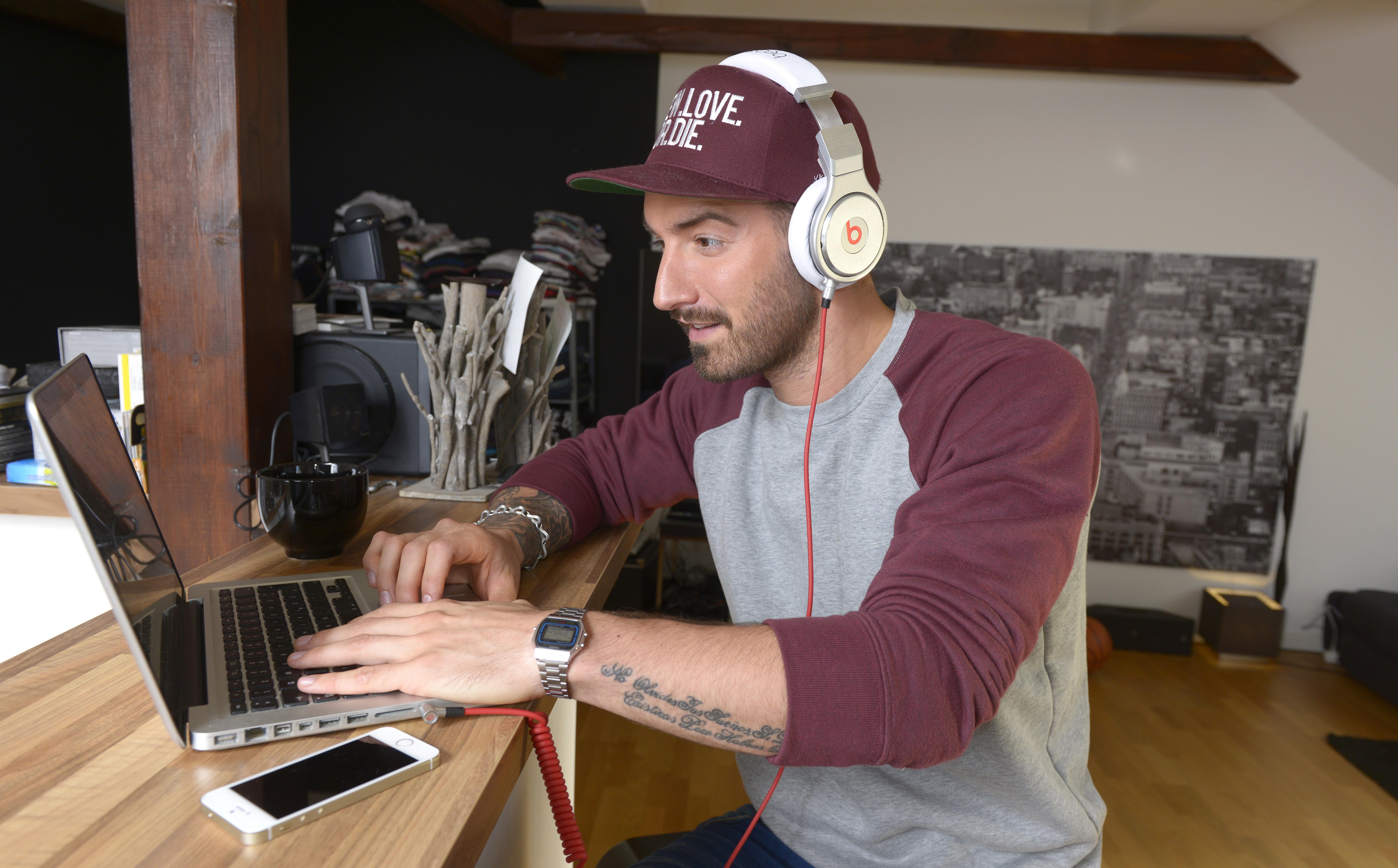This article originally appeared on Pacific Standard magazine’s website.
Using a label that sounds much more menacing than it should, researchers at the University of Cincinnati presented a study on the prevalence of “CyberDeviance” among teenagers recently. In a group of 274 college kids, across both computer-related and non-computer-related majors, 71 percent said they had engaged in at least one “cyberdeviant activity” as teens, but not all of the activities were particularly damaging.
The transgressions ranged from the more common and less harmful (guessing a password to get onto a locked wireless network, 52 percent), to the morally troublesome (guessing a password to access someone else’s account or files, 42 percent) to the much less common and more technical crimes (engineering “man in the middle” attacks, 4 percent).
The researchers determined that the teens at question are “often more curious than criminal,” and said that these types of activities start around age 15 and peak at 18. The participating teens’ motivations ranged from playfulness to generosity to indignation: “The respondents reported wanting to test out software or to solve a computer logic puzzle or to play a joke on a friend,” said one of the study’s authors, Mark Stockman, associate professor of information technology. “Sometimes, they wanted to help improve a system’s security, or they felt it was wrong for a hotel to charge $15 for wireless access.”
It makes sense that hacking and online trickery will increase among teens, and that it will be happening earlier and earlier, as kids go online earlier and more often. That trend isn’t going to slow down. According to the Kaiser Family Foundation, 8- to 18-year-olds spent more than seven and a half hours a day with electronic media, most of it online. Some see this as a cause for concern; The American Academy of Pediatrics has said that kids should be limited to two hours online a day, as online activity has been associated with “violence, cyberbullying, school woes, obesity, lack of sleep and a host of other problems.”
Well, let’s not get out of hand. Passively consuming goat videos or chatting with dangerous strangers for seven hours a day would be bad, sure. But kids also use the Internet to actively communicate with and learn from friends across the world, and engage with causes that excite them. And when it comes to solving practical problems with technology, organizations like Codecademy and Girls Who Code have shown that teaching kids computer science can give them confidence and make them much more competitive in the workplace later on.
The (mostly) harmless hacking of the type that the University of Cincinnati study looked at is just the flip side of the same tech literacy and innovation that we applaud in teenagers, with every new hackathon and computer science scholarship. As the authors noted, according to a release from U.C.:
[These] are just the types of activities … that information technology programs and government and business-sponsored cyber competitions encourage and even reward talented students for. The ultimate goal, after all, is to prepare students for high-paying IT jobs in tech security in order to fight off bad-guy hackers, many of whom are based overseas.
This is not to say that teens should be encouraged or allowed to violate other people’s privacy—that is a topic that schools and parents should definitely be focusing on more, even before their kids start go online on their own. But in order to educate kids about the consequences and ultimately prevent this “cyberdeviance,” it also might be helpful to understand the motivations behind it. When you think about it, the life of a teen today is truly tailor-made for these types of “cyberdeviance.” Picture it: You don’t have a car, or much money, but you’ve got plenty of time to burn, and technology to burn it with. You’re also intensely curious about the inner lives (and secrets) of the people around you, and you’re itching to do something that gives you a sense of power—however brief.
Earlier generations may have put all this pent-up energy into, say, scheming about how to get an older sibling to buy them beer, and then proceeding to drink it in the woods while singing along to Weezer and Sublime (sorry, Mom). Kids today—they’re just a bit more creative with their time, that’s all.
